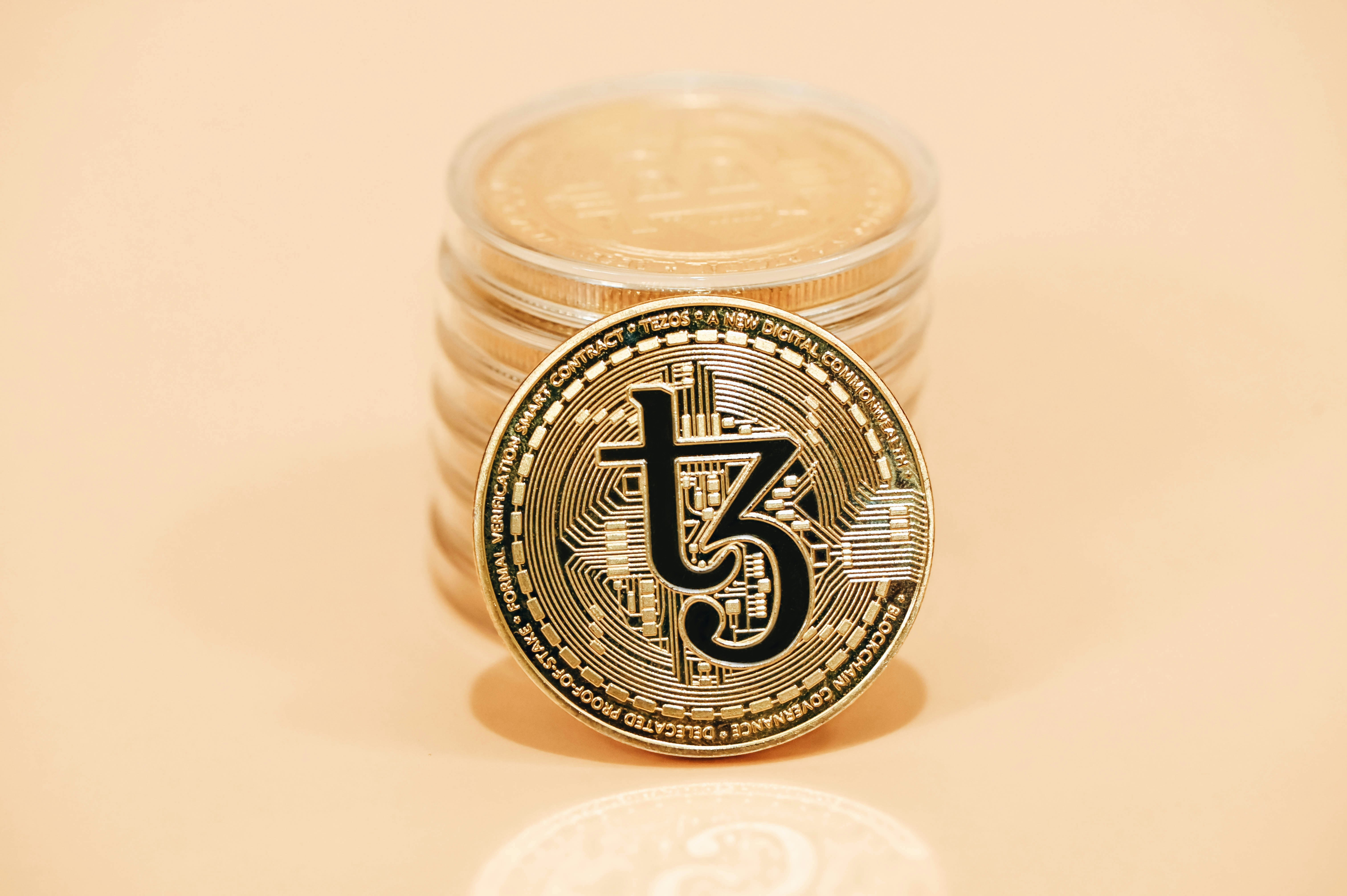Published on
May 14, 2024
-
min read

Here’s a revised version reduced to 1000 words, keeping the key points and structure intact:
Why Study Blockchain Technology in Germany?
Blockchain technology has revolutionized industries, from finance to supply chain, creating a surge in demand for skilled professionals. Germany, a leader in technological innovation, offers premier programs in blockchain technology, blending cutting-edge education with practical applications.
1. Technological Leadership
Germany’s Blockchain Strategy supports advancements in fintech, healthcare, and logistics, positioning it as a leader in blockchain adoption.
2. World-Class Institutions
Universities such as the Technical University of Munich (TUM) and RWTH Aachen University provide specialized blockchain programs, equipping students with essential skills.
3. Industry Integration
Collaborations with top firms like SAP, Deutsche Bank, and innovative blockchain startups offer real-world exposure and networking opportunities.
4. Affordable Education
Germany offers low tuition fees and scholarships like DAAD, making blockchain studies financially accessible for international students.
5. Global Career Prospects
Graduates gain opportunities in fintech, cybersecurity, and decentralized finance across the globe, making Germany an ideal destination for aspiring blockchain professionals.
Top Universities for Blockchain Technology in Germany
Germany’s universities offer comprehensive programs specializing in blockchain technology, cryptography, and decentralized systems.
1. Technical University of Munich (TUM)
Program: MSc in Data Engineering and Analytics with Blockchain Specialization
Highlights: Covers blockchain architecture, smart contracts, and data security.
2. RWTH Aachen University
Program: MSc in Computer Science with Blockchain Electives
Highlights: Hands-on experience in blockchain development and decentralized applications.
3. University of Stuttgart
Program: MSc in Blockchain Technology and Cryptography
Highlights: Focus on cryptographic principles and scalability solutions.
4. Frankfurt School of Finance & Management
Program: MBA in Blockchain Management
Highlights: Combines blockchain technology with financial strategies and management principles.
5. Humboldt University of Berlin
Program: MSc in Blockchain and Distributed Ledger Technologies
Highlights: Emphasis on governance, security, and practical blockchain applications.
Core Modules and Specializations
Blockchain programs in Germany are designed to equip students with a comprehensive understanding of blockchain technology and its applications.
Core Modules:
Fundamentals of Blockchain and Cryptography
Smart Contract Development
Decentralized Finance (DeFi)
Blockchain Applications in Supply Chain
Specializations:
Blockchain Security and Cryptographic Techniques
Fintech Innovations and DeFi
IoT and Blockchain Integration
Distributed Ledger Scalability
Practical Learning:
Programs include internships, collaborative projects with blockchain firms, and capstone assignments addressing real-world challenges.
Career Opportunities in Blockchain Technology
Germany’s robust blockchain ecosystem offers diverse roles for graduates, from fintech to healthcare.
Job Roles:
Blockchain Developer: Design and maintain blockchain systems.
Smart Contract Engineer: Create and optimize smart contracts.
Blockchain Consultant: Guide organizations in adopting blockchain solutions.
Industries Hiring Blockchain Experts:
Fintech and Banking: Deutsche Bank, N26
Supply Chain: DHL, SAP
Healthcare and Pharmaceuticals: Boehringer Ingelheim
Average Salaries:
Entry-Level: €55,000 – €70,000 annually
Mid-Level: €80,000 – €100,000 annually
Senior Roles: €120,000+ annually
Admission Requirements
To gain admission to blockchain technology programs, students typically need the following:
1. Academic Background:
A bachelor’s degree in computer science, engineering, or a related field.
2. Technical Skills:
Proficiency in programming languages like Python, Solidity, or Java is highly beneficial.
3. Language Proficiency:
TOEFL/IELTS for English-taught programs.
DSH/TestDaF for German-taught programs.
4. Statement of Purpose (SOP):
Highlight your interest in blockchain and career aspirations.
Scholarships for Blockchain Students
Germany offers several scholarships to support blockchain technology students:
1. DAAD Scholarships
Covers tuition fees, living costs, and travel expenses.
2. Deutschlandstipendium
Provides €300 per month to high-achieving students.
3. University-Specific Grants
Institutions like TUM and RWTH Aachen offer blockchain-focused financial aid for outstanding students.
Living in Germany as a Blockchain Student
1. Cost of Living:
Monthly expenses range from €850 to €1,200, depending on the city.
2. Networking Opportunities:
Attend industry events like Berlin Blockchain Week to connect with experts and companies.
3. Student Life:
Experience Germany’s rich cultural heritage while advancing your technical knowledge and skills.
Post-Graduation Pathways
Graduates from German blockchain programs can pursue a range of exciting career options.
1. Entrepreneurship:
Many graduates start blockchain startups or decentralized application (DApp) projects, contributing to the future of decentralized systems.
2. Research and Development:
Contribute to innovations in cryptography, scalability, and blockchain integrations, shaping the future of blockchain technology.
3. Global Opportunities:
A German degree in blockchain is highly valued worldwide, providing career opportunities in major tech hubs across the globe.
Final Thoughts
Germany’s blockchain programs offer unparalleled technical and practical expertise, positioning graduates at the forefront of technological advancements. Whether you aim to lead innovations in decentralized systems, fintech, or smart contracts, Germany provides the ideal environment to launch your career.
Ready to shape the future of technology? Begin your blockchain journey in Germany today!
